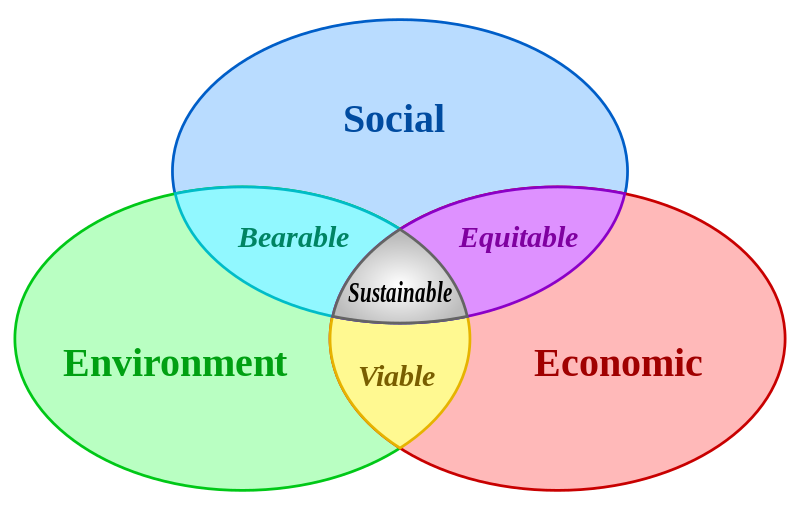DIFC Introduces Variable Capital Company Regime for Investment Flexibility

On June 26, 2025, the Dubai International Financial Centre Authority (DIFCA) proposed a new Variable Capital Company (VCC) regime aimed at enhancing the DIFC's position as a preferred jurisdiction for investment and asset holding vehicles. This initiative, currently in the consultation phase, seeks to provide a more flexible corporate structure that will appeal to family offices and private investors looking for innovative investment options.
The introduction of the VCC follows the existing Protected Cell Company framework currently available in the DIFC, which is limited in scope and only applicable to certain investment types. The proposed VCC regime, however, promises a more versatile approach by enabling the establishment of multiple 'Cells' within a single legal entity, allowing for the segregation of assets and liabilities. This novel structure is similar to regimes already in place in jurisdictions like Singapore and Mauritius, underscoring the DIFC's intention to compete on a global scale for investment business.
### Background and Significance The DIFC has long been recognized as a leading financial hub in the Middle East, attracting a range of international businesses and investment entities. The new VCC regime aims to further bolster this status by offering a competitive legal framework that allows for the consolidation of multiple investments while maintaining legal separation. This is particularly attractive for family offices and private funds, which require flexibility and security in their financial operations.
### Key Features of the VCC Regime According to the draft regulations, a VCC can be established with either Segregated Cells or Incorporated Cells, though not both. This arrangement permits the ring-fencing of liabilities associated with each Cell, enhancing the protection of assets. Notably, Segregated Cells lack separate legal personality but are treated as distinct for asset management purposes. In contrast, Incorporated Cells possess their own legal identity, although they cannot hold shares in other Cells or the VCC itself.
The regulatory framework overseeing VCCs will ensure compliance with the DIFC Companies Law and relevant regulations. The Dubai Financial Services Authority (DFSA) will be responsible for licensing VCCs that engage in financial services, with licensing limited to activities specific to their stated Qualifying Purpose.
### Advantages and Practical Implications The introduction of the VCC structure brings several advantages: 1. **Legal Protection**: By segregating assets and liabilities, VCCs can mitigate risks associated with investment activities. 2. **Operational Flexibility**: The framework simplifies the management of investment platforms, making it easier for entities to operate within the DIFC. 3. **Diverse Applications**: The VCC regime caters to various investment purposes, including crowdfunding, aviation structures, and intellectual property management, allowing for a broad range of investment strategies.
### Expert Opinions Dr. Sarah Johnson, Professor of Business Law at the University of Cambridge, stated, "The VCC structure is a significant step forward for the DIFC, enhancing its attractiveness to global investors by providing a legal framework that supports innovative financial structures."
John Smith, CEO of Global Investments, emphasized, "This new regime offers a competitive edge that could potentially draw more family offices and private equity firms to the region, thereby increasing capital inflows into the DIFC."
### Future Outlook As the consultation process remains ongoing, the final regulations may be adjusted based on stakeholder feedback. The DIFC's proactive approach in introducing the VCC structure indicates its commitment to remaining competitive in the rapidly evolving financial landscape. The implications of this new regime could significantly enhance the investment climate in the region, attracting a diverse array of investment vehicles and further solidifying the DIFC's status as a premier financial hub.
The DIFC's proposal reflects a broader trend among global financial centers to innovate regulatory frameworks in response to the evolving needs of investors and asset managers. The successful implementation of this regime could set a precedent for similar initiatives in other jurisdictions, fostering a more flexible and responsive global investment environment.
Advertisement
Tags
Advertisement





